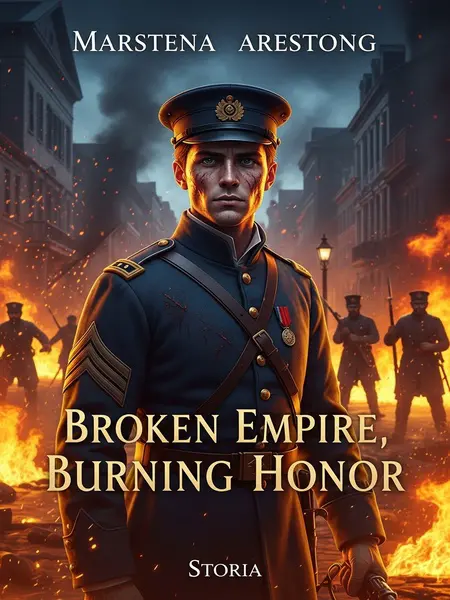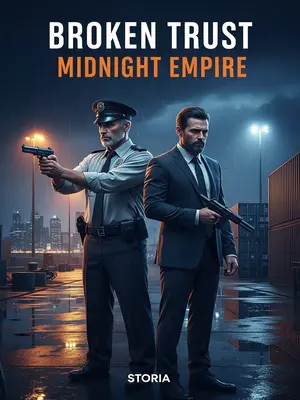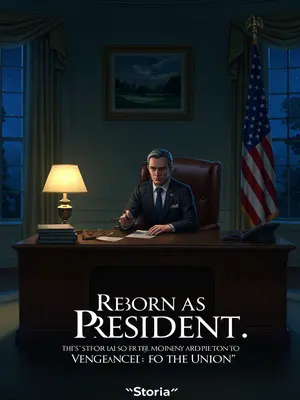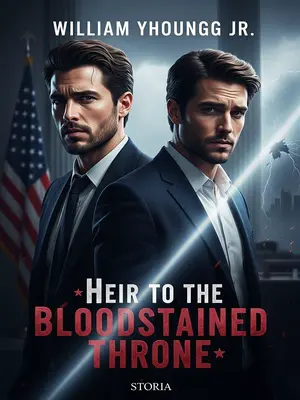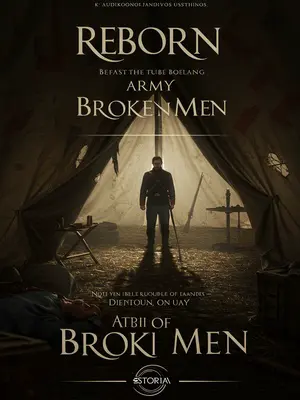Chapter 4: Hostages of the Magnolia House
Luck was on Stanton’s side—he made it to the base in one piece, breathless and wild-eyed. The guard at the gate took one look and waved him through. Samuel Whitaker, still in uniform, met him on the steps, lantern swinging in his hand.
Stanton blurted out the story. Whitaker didn’t look surprised. He’d had a bad feeling ever since he heard Japanese envoy Shinjiro Takezoe was “sick” and wouldn’t be at the banquet. Whitaker had slipped away early and put the garrison on alert, just in case.
His instincts were rarely wrong. Tonight, they’d bought him precious minutes.
Whitaker nodded, jaw set. The puzzle pieces were falling into place, and none of them spelled good news.
He made the call—battle stations, now. Whitaker himself would lead the troops to the Post Office.
He moved fast, barking orders that cut through the confusion. Rifles clanged, boots thundered down the barracks hall. The men followed him—no questions asked.
They arrived as fast as they could, but it was too late. The Post Office was a smoldering ruin, the street deserted. Victor Kim was gone. Henry Monroe—vanished.
Smoke still hung thick in the air, embers glowing in the night. Whitaker’s men fanned out, searching every alley, but it was like the attackers had melted into the fog.
The reports trickled in—no random violence here. This was a coup, planned down to the last detail.
A cold knot formed in Whitaker’s gut. Every instinct screamed that this was just the opening move.
Victor Kim’s crew was already headed for City Hall—he’d bet his life on it.
The thought made his blood run cold. If City Hall fell, the rest would follow.
With everything teetering on the edge, Whitaker knew he couldn’t rush in blindly. He ordered updates sent straight to General William Douglas, the garrison commander, then led his men toward City Hall himself.
He kept the squad tight, eyes darting to every window and rooftop. The city felt different—like everyone was holding their breath, waiting for the next shoe to drop.
General Douglas, hearing Whitaker’s report, was up in arms. He didn’t even bother to change out of his nightshirt before ordering reinforcements to back Whitaker.
Douglas’s aides scrambled to ready the troops. Orders rang out, echoing through the chilly night. The garrison had never moved so fast.
But the expected fight never came. Whitaker’s scouts circled City Hall again and again—nothing. No noise, no lights, no movement. It was like the heart of the city had stopped beating.
Whitaker ordered the troops to patrol, and the soldiers were stunned to find the streets deserted—no vendors, no stray dogs, nothing.
The city, usually so alive, felt like a stage after the curtain had fallen. The silence pressed in from all sides.
The quiet left Whitaker at a loss. As the sky paled, he muttered, “Pull back the troops—we’ll wait for more news.”
He stood on the steps of City Hall, watching the sunrise bleed into the harbor, wondering what kind of day was coming.
Whitaker had barely stripped off his gear at the base when a secret note slid under his door: “Henry Monroe is alive; he’s recovering at Dr. Mollendorf’s house.”
The paper was creased, the ink still wet. Whitaker let out a breath he didn’t know he’d been holding. At least one friend had made it through the night.
Dr. Mollendorf—German-American, sharp as a tack, and trusted by the Secretary of State—was a safe haven for the wounded and the worried. His home, all white columns and stacks of medical books, felt like a world apart from the chaos outside.
Without wasting a second, Whitaker grabbed Charles Stanton and hustled over to Mollendorf’s house. There, at last, he saw Henry Monroe for himself.
Henry looked pale as a ghost, but his eyes burned with stubborn fire. Fresh bandages wrapped his side, and the whole room reeked of antiseptic and raw hope.
Henry’s voice was rough, but he got the story out: the Japanese had thrown their weight behind the Reform League’s coup. The League had likely gotten help—or at least a wink and a nod—from the U.S. and Britain, too.
The city’s fate hung by a thread. Allies and enemies blurred together. Every word felt like a warning.
And that wasn’t all. That night, the Reform League had almost certainly targeted Mayor James Gordon and Mrs. Abigail Monroe, too.
